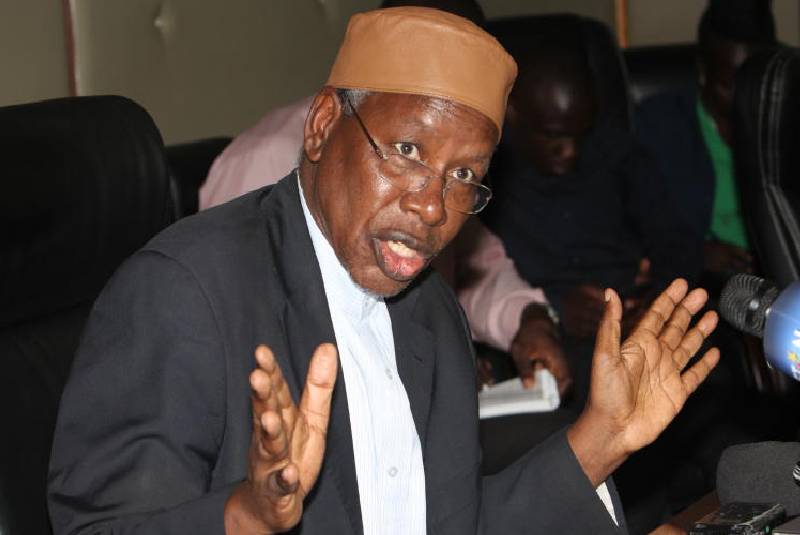×
The Standard e-Paper
Home To Bold Columnists

Nyumba Kumi chairman Joseph Kaguthi at Bruce House on 09/02/2017. [Photo, File]
President Uhuru Kenyatta’s attempt to make millions of Kenyans take charge of their own security instead of leaving it to State agents has been undermined by Government bureaucracy.